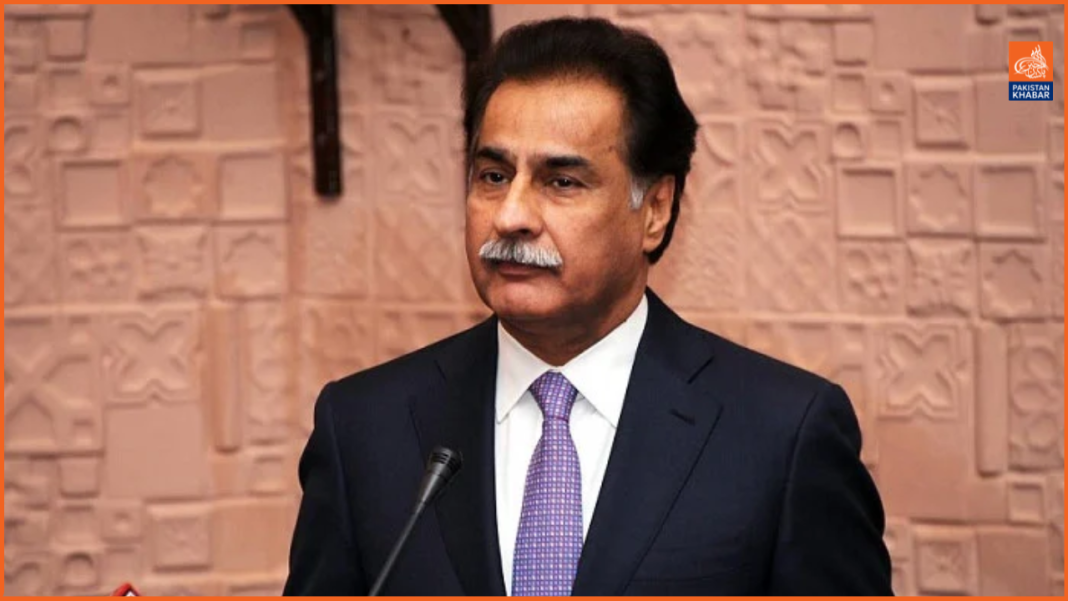In a significant development affirming parliamentary supremacy, National Assembly Speaker Sardar Ayaz Sadiq sent a letter to the Chief Election Commissioner (CEC), asserting that the Supreme Court’s ruling on reserved seats could not be implemented following the passage of the Election (Second Amendment) Act, 2024. The letter emphasized that independent candidates who had already joined a political party could not switch parties, as per the amended law. Sadiq referenced amendments to the Election Act, 2017, which clarified that if a candidate had not declared party affiliation before receiving a symbol, they would be considered independent. He further cited the amendment making party affiliation declarations by independent candidates irrevocable, with retrospective effect from 2017.
Sadiq argued that the amended law, passed after the Supreme Court’s ruling, superseded the prior judgment, making it unenforceable. He highlighted the need for the Election Commission of Pakistan (ECP) to fully implement the new amendments, upholding the principles of parliamentary sovereignty and democracy. The speaker’s stance was applauded by government officials, including Information Minister Attaullah Tarar, who reiterated that parliament has the sole authority to legislate and amend laws.
Meanwhile, Punjab Assembly Speaker Malik Muhammad Ahmad Khan also urged the ECP to comply with the amended act regarding reserved seats. Despite ongoing legal deliberations, the ECP has yet to decide on how to address the Supreme Court’s ruling and is expected to continue consultations. A petition was also filed with the ECP, seeking to disqualify political parties that failed to submit their reserved seats lists within the prescribed timeline.
Summary: Speaker Ayaz Sadiq’s letter to the CEC asserts that the Supreme Court’s ruling on reserved seats cannot be enforced due to amendments made to the Election Act, 2017. The amendments, which apply retrospectively, prevent independent candidates from switching parties after already affiliating with one. The speaker emphasizes parliamentary sovereignty, urging the ECP to implement the new legislation. Government officials support this position, while the ECP continues to deliberate on the court’s ruling, facing legal challenges from a recent petition.




